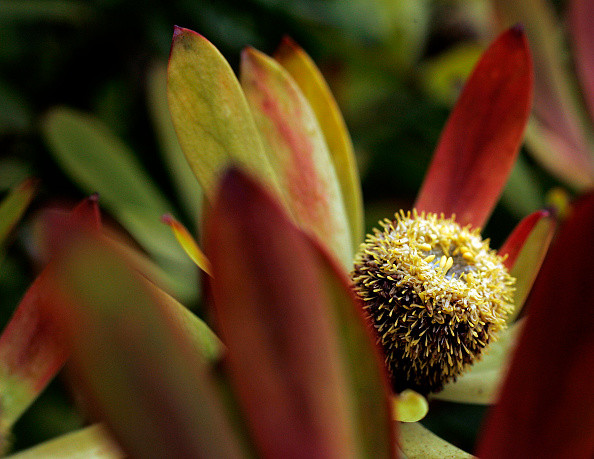Bees and butterflies getting closer to extinction

A United Nations science report has warned that several species of pollinators are getting quite close to extinction. The species, estimated at totaling around 20,000, are a major contributor to our food supply, including fruits, vegetables, coffee and chocolate.
1 in 6 species of hummingbirds and bats are also facing extinction. "We are in a period of decline and there are going to be increasing consequences," said the UN science report lead author Simon Potts, who is also the director of the Centre for Agri-Environmental Research at the University of Reading in England.
According to officials, habitat loss and pesticides are to blame for the shrinking numbers of pollinators, however the report does not point towards a single most relevant factor driving the declining pollinators. Global warming and the lack of food available for pollinators to feed on are amongst some of the other contributing factors.
"The variety and multiplicity of threats to pollinators and pollination generate risks to people and livelihoods," reads the report. "These risks are largely driven by changes in land cover and agricultural management systems, including pesticide use. Pesticides, particularly insecticides, have been demonstrated to have a broad range of lethal and sub-lethal effects on pollinators in controlled experimental conditions."
The report suggests that changing the way land and farming is managed could offer some solution. David Inouye of the University of Maryland who is a co-author on the report agrees. "There are relatively simple, relatively inexpensive mechanisms for turning the trend around for native pollinators," said David Inouye, reported AP News.
© Copyright IBTimes 2025. All rights reserved.






















